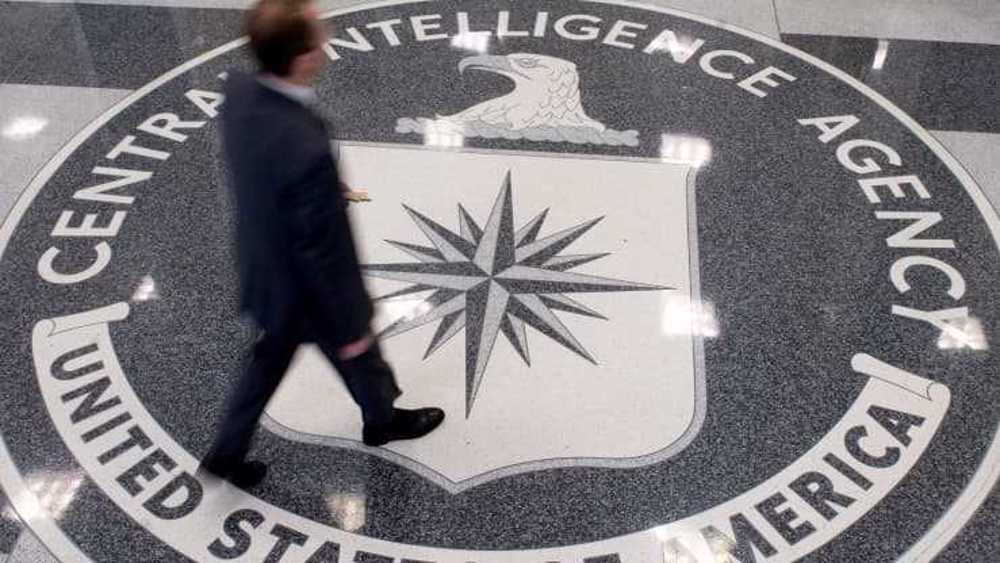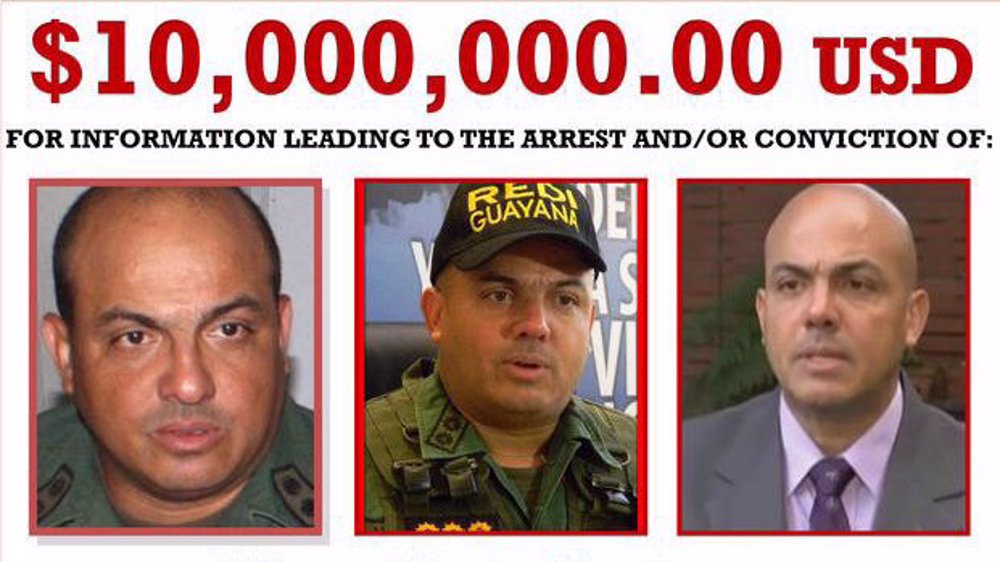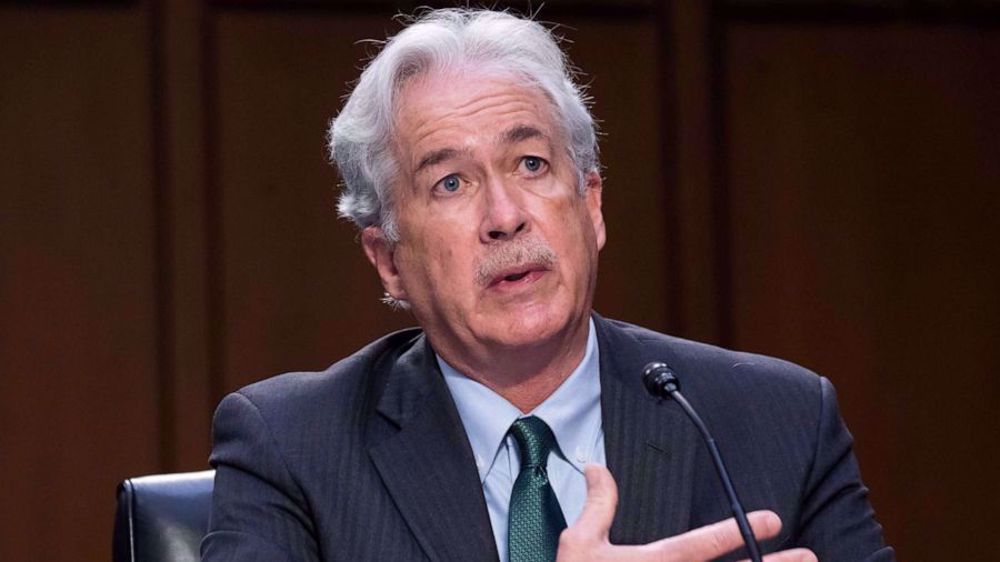CIA spying on unwitting Americans in secret program: Senators
Two members of the Intelligence Committee of the United States Senate, namely Ron Wyden and Martin Heinrich, say that the Central Intelligence Agency (CIA) has a secret program that collects information about unwitting Americans, seriously undermining their privacy.
"The CIA has secretly conducted its own bulk program," the lawmakers said in a letter sent to CIA Director William Burns and National Intelligence Director Avril Haines.
The letter, which was sent in April last year, was partially declassified by the CIA on Thursday, along with a portion of redacted recommendations from a report compiled by a watchdog, the Privacy and Civil Liberties Oversight Board (PCLOB), on the program.
In the letter, the senators said the CIA's program had operated outside of laws passed and reformed by Congress.
"It has done so entirely outside the statutory framework that Congress and the public believe govern this collection, and without any of the judicial, congressional or even executive branch oversight that comes with FISA collection," they added, referring to the Foreign Intelligence Surveillance Act.
"This basic fact has been kept from the public and from Congress. Until the PCLOB report was delivered last month, the nature and full extent of the CIA's collection was withheld even from the Senate Select Committee on Intelligence," they wrote in the letter, calling for the release of further information on the program.
According to the PCLOB report's recommendations, the CIA program does not require agency analysts to provide a justification for their searches of Americans.
In a statement after the partial declassification, Wyden and Heinrich said that FISA had received scrutiny in the past but "what these documents demonstrate is that many of the same concerns that Americans have about their privacy and civil liberties also apply to how the CIA collects and handles information under executive order and outside the FISA law."
"In particular, these documents reveal serious problems associated with warrantless backdoor searches of Americans, the same issue that has generated bipartisan concern in the FISA context."
The two senators further said the letter had "stressed that the public deserves to know more about the collection of this information."
Hezbollah says won’t hesitate to take proper action against aggression
Iran to US: Sanctions and war failed; try diplomacy and respect
VIDEO | Afghanistan-Pakistan tensions rise after cross-border strikes
Israeli settlers set mosque ablaze in West Bank during Ramadan
Nouri al-Maliki vows not to withdraw bid for Iraq’s premiership
OIC calls emergency summit as Israel accelerates West Bank expansion
Israel, not America, first: Carlson’s Huckabee interview lays bare US foreign policy priorities
VIDEO | Call for unity, more support for Palestine, humanitarian action during Ramadan















 This makes it easy to access the Press TV website
This makes it easy to access the Press TV website